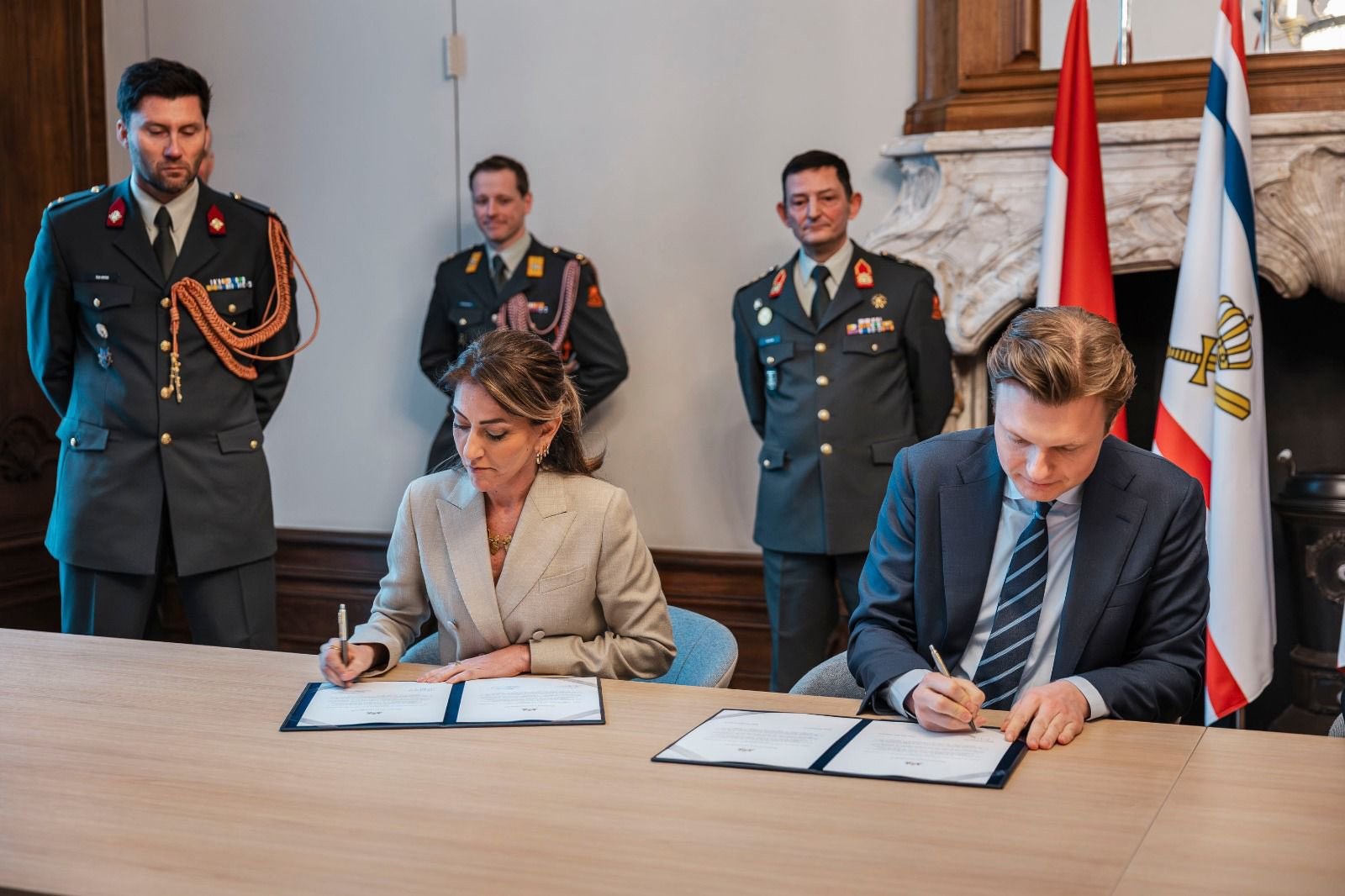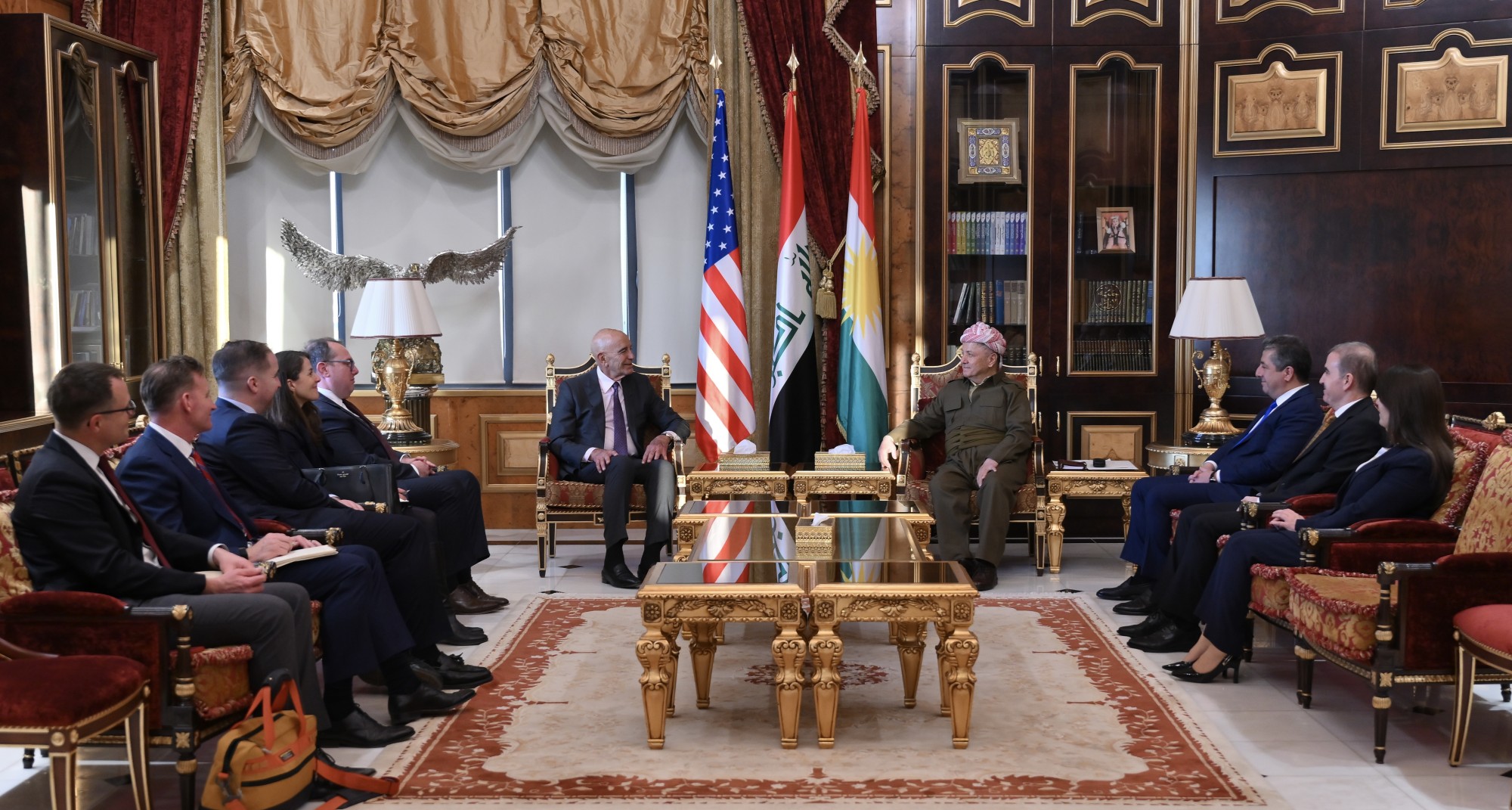The Global Kurdish Initiative for Peace hosted an event at the School of International Service (SIS) at American University (AU) in Washington, D.C., on March 18, 2024, to commemorate the 36th anniversary of the 1988 Halabja chemical attack carried out by the former Ba’ath regime. The event saw the participation of notable speakers, including U.S. Senator Chris Van Hollen, who sent a video message expressing his solidarity.
During the event, Senator Van Hollen shared his experience of visiting the Iraq-Turkey border in October 1988 with his college friend Peter Galbraith, a long-time advocate for the Kurdish people. They encountered thousands of Kurdish refugees who had fled from Iraq to Turkey to escape Saddam Hussein’s brutal assault. The atrocities committed by Saddam’s regime were extensively documented.

Treefa Aziz, the Kurdistan Regional Government (KRG) Representative to the United States, spoke about the efforts of the KRG to garner international recognition of the Halabja attack as a genocide. She mentioned that five countries – Canada, Norway, South Korea, Sweden, and the UK– have already recognized the Halabja genocide.
Steve Bitner, the Director of Iraq Affairs Office at the U.S. Department of State, extended his condolences on behalf of the U.S. government, emphasizing the importance of remembering the tragedy.
Director Bitner participated in an event commemorating the horrible atrocities inflicted on the people of Halabja. Today’s commemoration reminds us of the victims and their families, as well as the significance of all that the Iraqi Kurdistan Region has achieved in the decades… pic.twitter.com/Rnqwm8NvmC
— U.S. State Dept - Near Eastern Affairs (@StateDept_NEA) March 18, 2024
Yerevan Saeed, Barzani Scholar In Residence at AU and Director of the Global Kurdish Initiative for Peace, organized the event, where he shared his personal story as a survivor of the Halabja attack. He highlighted the efforts made by the Kurdish community to embrace and support Arab families living in Halabja, including those from Tikrit, the birthplace of Saddam Hussein. They have established Arabic schools to ensure that the Arab students can study in their native language and preserve their cultural heritage.
The event also featured a panel discussion titled “36 Years of Pursuing Accountability and Justice,” moderated by Jeffrey Bachman, Chair of the Department of Peace, Human Rights, and Cultural Relations at SIS. The panelists included Michael Kelly, author of Ghosts of Halabja: Saddam Hussein and the Kurdish Genocide, and Professor Mohammed Ihsan, former Minister for Human Rights in the Kurdistan Region.

Kelly emphasized that accountability for the genocide is yet to be achieved, with Saddam Hussein escaping trial and the state of Iraq admitting the genocide but failing to take effective action. He stressed the need for Iraq to compensate the victims and take responsibility.
Moreover, Professor Ihsan highlighted the atrocities that the Kurds faced under Saddam’s regime and explained that the post-Saddam era is even more dire, with millions of Kurds facing hunger and hardship under the new rule in Iraq.
Overall, the event served as a platform to commemorate the Halabja chemical attack, advocate for recognition and justice, and shed light on the ongoing struggles faced by the Kurdish people.
The Global Kurdish Initiative for Peace hosted an event at the School of International Service (SIS) at American University (AU) in Washington, D.C., on March 18, 2024, to commemorate the 36th anniversary of the 1988 Halabja chemical attack. pic.twitter.com/q9P1Pkjh8w
— Kurdistan Chronicle (@KurdChronicle) March 19, 2024

